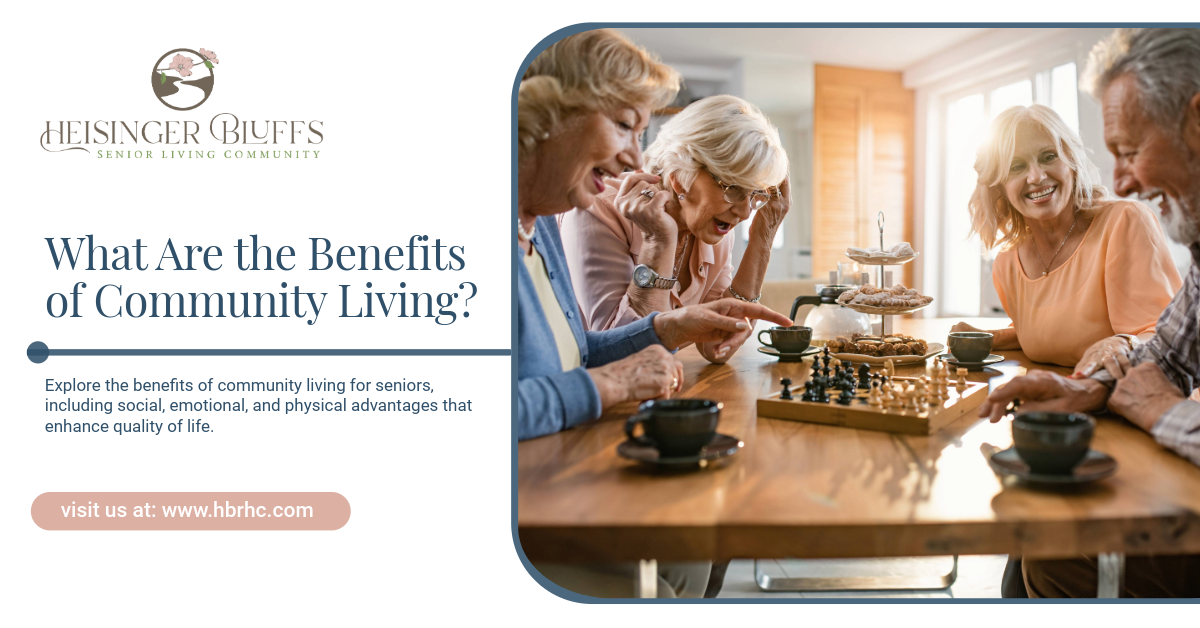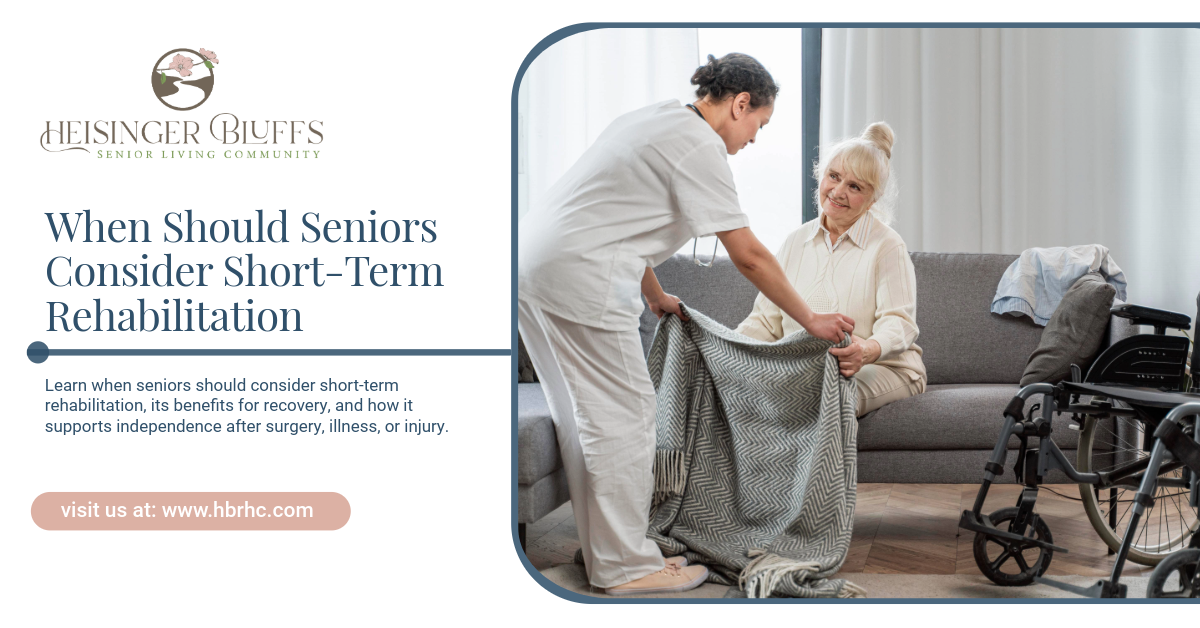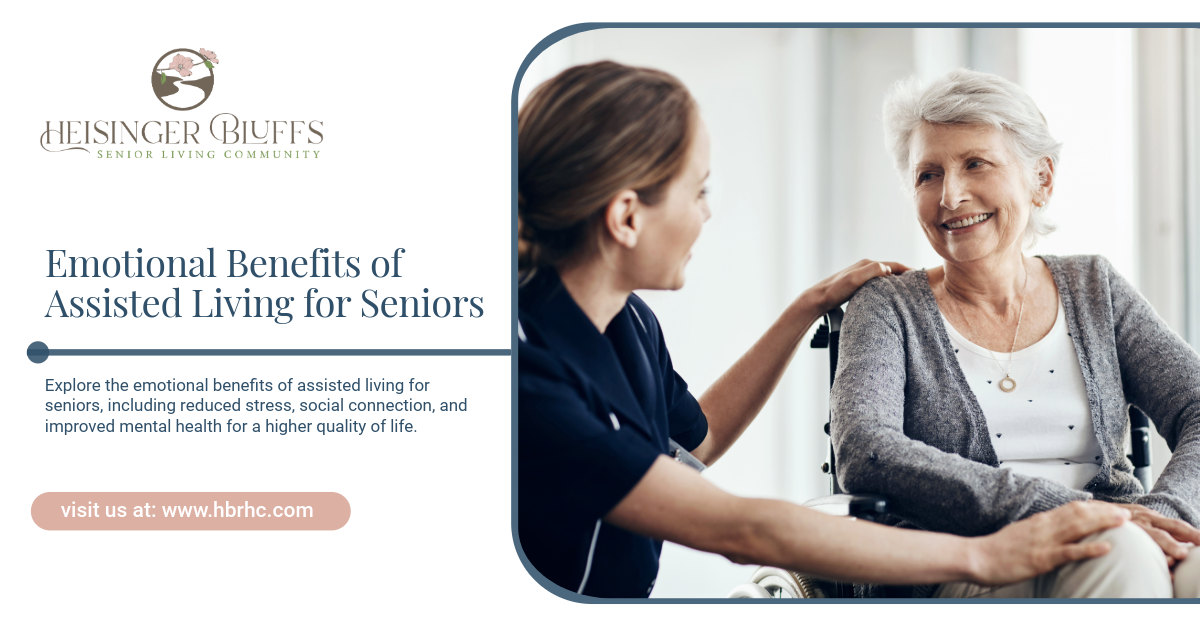Infinite Possibilities: Lifelong Learnings Impact on Seniors Quality of Life

Benefits of Lifelong Learning for Seniors
Lifelong learning offers numerous benefits for seniors, particularly in enhancing cognitive health and promoting social engagement. These benefits contribute significantly to improving their overall quality of life.
Cognitive Health Benefits
Engaging in lifelong learning provides mental stimulation that is crucial for maintaining cognitive health in seniors. Activities such as reading, exploring new hobbies, or acquiring new skills stimulate the brain, helping to create new neural connections. This process improves memory and problem-solving skills.
Research indicates that lifelong learning can potentially delay the onset of cognitive decline, including conditions such as dementia and Alzheimer’s disease. The continuous exercise of the brain leads to the growth of new neural pathways, which contribute to maintaining cognitive function.
Moreover, lifelong learning helps in building a cognitive reserve that protects against brain degeneration. Studies have shown that seniors who actively engage in learning activities experience a slower cognitive decline compared to those who do not participate in such activities.
| Benefit | Description |
|---|---|
| Improved Memory | Engaging in mental activities enhances memory retention. |
| Problem-Solving Skills | New challenges promote better decision-making capabilities. |
| Delay in Cognitive Decline | Active learning contributes to a reduced risk of dementia. |
Social Engagement Benefits
Lifelong learning not only benefits cognitive abilities but also fosters social interaction among seniors. Participating in classes, workshops, or group discussions creates opportunities for seniors to meet new people and develop friendships. This social engagement is critical for combating feelings of isolation and loneliness often experienced in later life.
Additionally, being involved in learning activities enhances self-esteem and confidence. Seniors who pursue their interests through learning often find themselves taking pride in their accomplishments, which positively impacts their overall wellbeing. Participating in group-oriented learning can also facilitate discussions and collaborations, thus enriching their social lives.
| Benefit | Description |
|---|---|
| Reduced Isolation | Learning programs provide a platform for social interaction. |
| Enhanced Self-Esteem | Achievement in learning boosts confidence levels. |
| Development of Friendships | Group activities encourage the formation of social bonds. |
Lifelong learning, therefore, plays a significant role in supporting seniors’ cognitive health and fostering social connections. By participating in these activities, they can enjoy a more fulfilling and engaged lifestyle while maintaining both mental sharpness and social ties. For additional tips on activities that support cognitive health, explore our guides on brain exercises for seniors and cognitive health and lifelong learning.
Market Insights on Lifelong Learning
Lifelong learning plays a crucial role in enhancing the quality of life for seniors, motivating families to consider its benefits. Understanding the current market landscape and spending habits related to lifelong learning can provide valuable insights for families assessing senior living options.
Current Market Landscape
The lifelong learning market for seniors is substantial, with an estimated market size of $5.6 billion annually. Currently, each lifelong learner spends an average of $75 per year on learning activities and interests. This growth indicates a strong inclination among seniors to pursue educational opportunities that support cognitive health and well-being.
If those who express interest in lifelong learning participate, the market could expand significantly. Estimates suggest that with participation from those indicating they would engage in future learning, the market would serve over 92 million individuals, resulting in total spending of approximately $6.9 billion annually.
| Market Insight | Value |
|---|---|
| Current Annual Market Size | $5.6 billion |
| Average Spending per Learner | $75 |
| Estimated Market Size with Future Engagement | $6.9 billion |
| Potential Participants | 92 million |
Spending Habits on Learning
The spending habits of seniors engaged in lifelong learning highlight key preferences and priorities. Many seniors are keen to invest in educational resources that promote cognitive health, which can include courses, workshops, and various learning materials. These expenditures are important for maintaining cognitive function and can have profound effects on mental well-being.
Lifelong learning has clear connections to better psychological wellbeing and health. Studies indicate significant benefits of participation in learning activities, especially for vulnerable groups. According to investigations involving older learners in educational programs, continuous participation not only supports cognitive health but also helps maintain psychological strength and emotional wellness.
Furthermore, engaging in lifelong learning contributes to building a cognitive reserve that protects the brain against degeneration, leading to slower cognitive decline compared to those who do not partake in regular learning activities. This reinforces the benefits of lifelong learning for seniors and the significant role it plays in promoting overall health.
For families considering the impact of lifelong learning in senior living communities, understanding these market insights and spending habits can help underscore the advantages of educational opportunities available to their loved ones. Learn more about the benefits of lifelong learning for seniors and the positive effects on cognitive health and lifelong learning.
Motivations for Lifelong Learning
In understanding the benefits of lifelong learning for seniors, it's essential to recognize the underlying motivations that drive them to engage in educational pursuits. Key motivations include personal fulfillment and the enjoyment of learning.
Personal Fulfillment
For many seniors, pursuing lifelong learning is primarily about achieving personal fulfillment. Approximately 75% of seniors interested in continuing education engage in it for this reason. These opportunities provide a sense of purpose and satisfaction that enhances their quality of life. Learning new skills and exploring new interests contribute significantly to their emotional well-being and overall happiness.
Additionally, participating in class activities—such as singing, dancing, and exercise—has been linked to improved quality of life and satisfaction with life. This fosters an environment where seniors can thrive by achieving personal goals and discovering passions they may not have had the chance to explore before.
Enjoyment of Learning
The enjoyment of acquiring knowledge plays a significant role in motivating seniors to continue their education. According to studies, 82% of older adults pursue lifelong learning simply because they find joy in the process. This passion for learning fuels their desire to remain active and engaged in their communities.
Lifelong learning not only helps seniors adapt to societal changes but also combat feelings of exclusion or isolation. Engagement in educational programs and learning schemes encourages societal inclusion and contributes to a higher perceived quality of life. This positive attitude towards learning is strongly associated with psychological well-being.
In summary, personal fulfillment and enjoyment are foundational elements that motivate seniors to pursue lifelong learning. These motivations help to enhance cognitive health and overall quality of life, encouraging older adults to remain active participants in their communities. For additional strategies to improve cognitive health, explore our articles on cognitive health and lifelong learning and brain exercises for seniors.
Impact of Lifelong Learning in Senior Living Communities
Lifelong learning plays a pivotal role in enhancing the quality of life for seniors residing in independent living communities. It can significantly impact their self-esteem, confidence, adaptability, and empowerment in various ways.
Enhancing Self-esteem and Confidence
Engaging in lifelong learning provides seniors with opportunities to set and accomplish personal goals, thereby boosting their self-esteem and confidence. Seniors in independent living settings experience a sense of achievement as they learn new skills and engage in educational activities. This sense of accomplishment not only enhances their self-worth but also contributes positively to the dynamics within the community.
| Impact Areas | Description |
|---|---|
| Goal Setting | Seniors can establish personal goals related to learning, reinforcing a sense of purpose. |
| Skill Acquisition | Learning new skills can lead to improved independence and self-reliance. |
| Community Dynamics | Increased confidence can enhance social interactions and community involvement. |
Maintaining Adaptability and Empowerment
Lifelong learning also aids seniors in maintaining adaptability and empowerment, particularly in a rapidly changing world. As individuals engage with new information and technology, they cultivate the ability to cope with various challenges. Senior Lifestyle highlights that being tech-savvy enables seniors to maintain contact with family and friends, manage finances online, and utilize telehealth services. This empowerment and adaptability significantly contribute to their independence.
| Skills Developed | Benefits |
|---|---|
| Tech Savviness | Facilitates communication and ease of access to resources and services. |
| Financial Management | Encourages autonomy in managing personal finances. |
| Information Access | Empowers seniors to stay informed and engaged with the world around them. |
Engaging in lifelong learning can help seniors create a healthier, more fulfilling life. The benefits extend beyond just cognitive health, fostering an environment where seniors can thrive and connect with others. For further insight into how learning influences brain health, explore cognitive health and lifelong learning, or discover more about lifelong learning for older adults.
Importance of Social Engagement
Social engagement is a crucial aspect of the benefits of lifelong learning for seniors. It plays a significant role in combating social isolation and fosters social connections that enhance the quality of life in senior living communities.
Combating Social Isolation
Social isolation can have serious effects on seniors, leading to feelings of loneliness and despair. Lifelong learning activities, such as classes, workshops, and discussion groups, provide essential opportunities for seniors to interact with others. These interactions not only help to alleviate feelings of loneliness but also contribute to mental and emotional well-being by creating a supportive social network.
Research shows that engaging in lifelong learning helps seniors connect with peers, absorb new information, and engage with their community. This active participation is vital in preventing health issues related to prolonged solitude.
| Impact of Lifelong Learning Engagement | Description |
|---|---|
| Reduces feelings of loneliness | Increased interactions through learning settings create a sense of community. |
| Enhances mental health | Regular engagement supports emotional stability and cognitive resilience. |
| Fosters a sense of belonging | Participation in group learning activities cultivates relationships and social support. |
Fostering Social Connections
The pursuit of knowledge and new skills in a social environment encourages deeper connections among participants. Lifelong learning provides a platform for seniors to meet individuals with similar interests, fostering friendships and enhancing their social circles. This social aspect is tremendously important, as older adults often face challenges in maintaining relationships due to mobility issues or the loss of peers.
Seniors who participate in lifelong learning thrive because they experience not only improved brain health but also increased socialization and improved physical health due to the supportive networks they build. Education initiatives in senior living communities not only contribute to personal growth but also pave the way for societal inclusion and better overall well-being.
Encouraging seniors to engage in lifelong learning not only combats isolation but also fosters meaningful relationships, creating a vibrant and supportive community in senior living environments. For more strategies on enhancing cognitive health, consider exploring brain exercises for seniors and other valuable resources on cognitive health and lifelong learning.
Lifelong Learning and Mental Well-being
Lifelong learning offers numerous benefits for mental health, particularly for seniors. It contributes significantly to cognitive reserve and enhances psychological well-being.
Cognitive Reserve Building
Engaging in lifelong learning helps seniors build a cognitive reserve, which protects the brain from degeneration. Research indicates that older adults who regularly participate in learning activities experience a slower cognitive decline compared to those who do not engage in such pursuits. Cognitive reserve refers to the brain's ability to improvise and find alternate ways of functioning, and it plays a crucial role in maintaining cognitive health as individuals age.
Lifelong learning stimulates the brain, leading to the creation of new neural pathways. This process can help maintain cognitive function and delay the onset of dementia and Alzheimer’s disease, making it a vital component of healthy aging.
| Lifelong Learning Activity | Potential Benefits |
|---|---|
| Taking a class | Slower cognitive decline |
| Engaging in brain exercises | Increased neural pathway growth |
| Participating in discussion groups | Enhanced cognitive reserve |
Psychological Well-being Benefits
Lifelong learning significantly impacts seniors' psychological well-being. It challenges negative stereotypes associated with aging, highlighting the resilience of cognitive abilities among older individuals. Participating in educational activities fosters a sense of achievement and purpose, which is essential for mental health.
Participation in non-formal lifelong learning has been linked to increased psychological well-being among older adults aged 60 years and above. Studies reveal that even those typically considered vulnerable experience these benefits, demonstrating the inclusive nature of lifelong learning opportunities.
| Psychological Benefit | Description |
|---|---|
| Increased self-esteem | Achieving new skills enhances self-worth. |
| Sense of community | Engaging with others reduces feelings of isolation. |
| Greater life satisfaction | Ongoing education fosters a richer, more fulfilling life. |
By promoting cognitive resilience and enhancing psychological health, lifelong learning integrates essential aspects of maintaining a fulfilling life in senior living communities. Exploring options for lifelong learning for older adults can open doors to numerous benefits. For more detailed information on improving cognitive health, see our article on cognitive health and lifelong learning. Additionally, activities such as brain exercises for seniors can further support healthy cognitive function and well-being.











